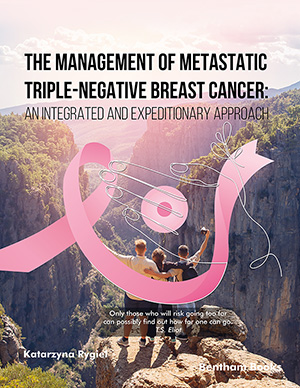Abstract
Background: Academic clinical research is considered the most important for cancer research because it frequently tests novel drug combinations, investigates rarer diseases, and lowers the risk for future commercial investments. However, due to the potential risks to the cancer patient, clinical research is governed by strict regulations. In high-income countries, comprehensive cancer centers (CCCs) have been established to align academic clinical cancer research with the regulatory framework. In comparison, academic clinical cancer research is considered ineffective in low-income countries.
Methods: A cross-sectional, online survey was conducted to evaluate the knowledge of Indian health science students regarding cutting-edge cancer therapeutics and their underlying regulatory requirements.
Results: The survey found that 163 out of the 265 respondents were aware of the challenges of developing safe and effective anticancer therapeutics. 43 respondents found no challenges, while 59 respondents were unaware of any. Out of 163, 44 respondents identified technical challenges, 31 identified regulatory issues, and 88 identified both challenges in developing novel anticancer therapeutics. Interestingly, only 83 students out of 265, study cancer therapy regulations in their curriculum. This clearly indicates that most of India's health science students have a significant lack of understanding about the regulations for new cancer treatments.
Conclusion: Academic clinical cancer research in India is just recognized as a prerequisite for degree completion due to a lack of regulatory foundation. An emphasis should be placed on restructuring the coursework offered to health science students to improve their ability to translate theoretical cancer research to real-world clinical care.
Keywords: Cancer, regulations, academic clinical research, cancer treatments, perception, knowledge, clinical care.





























